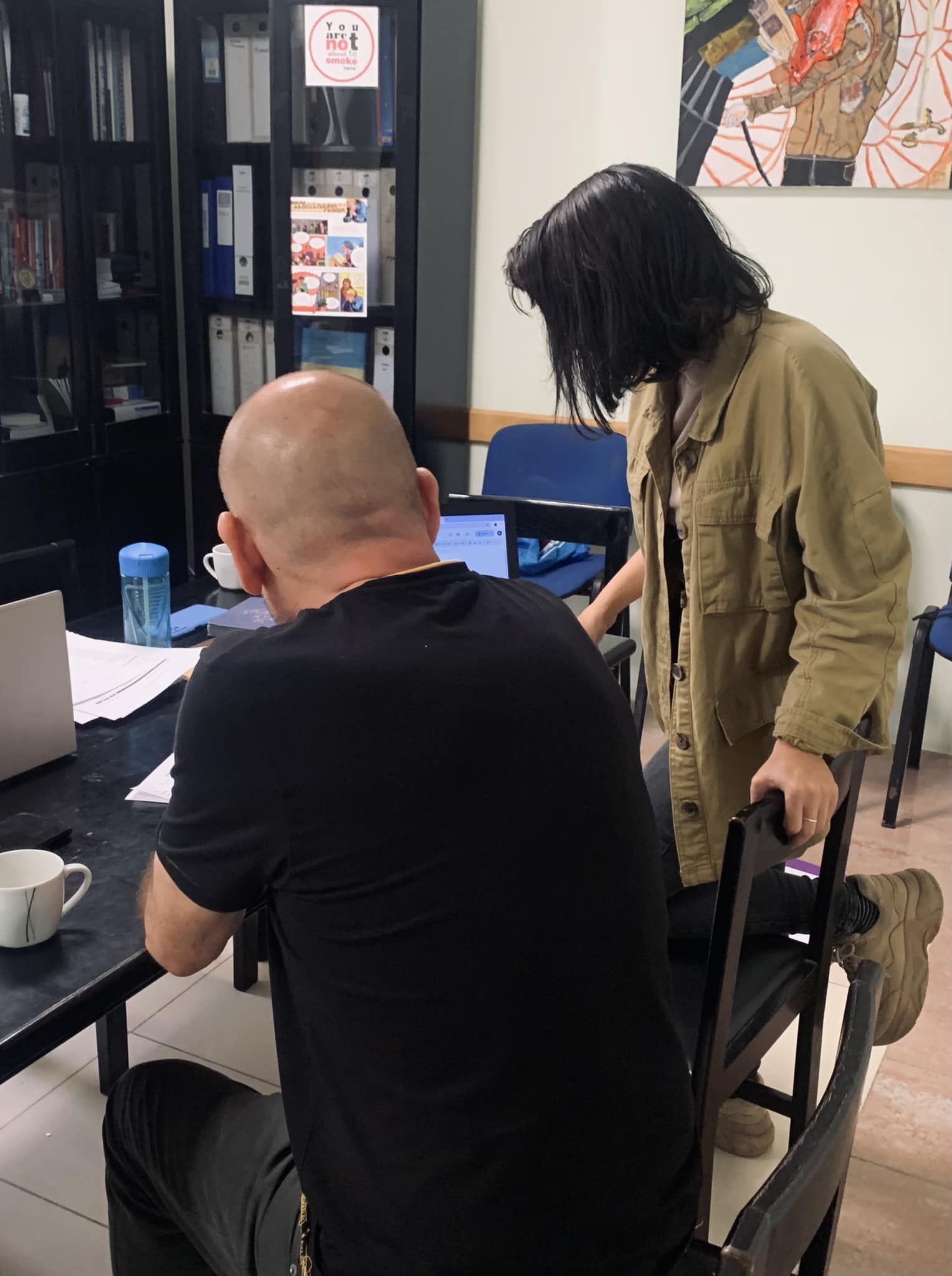Fondazzjoni
Mid-Dlam
għad-Dawl
Supporting the journey from incarceration to reintegration through holistic, person-centred care.
"Rebuilding Lives, Restoring Hope."
Making an impact
We are a dedicated non-profit organisation committed to supporting people in prison and their families. Our mission is to provide resources and programmes that help to navigate challenges of incarceration with dignity, self-esteem, and hope for a better future. We believe in the power of rehabilitation and the importance of maintaining strong family bonds and networks during difficult times.
